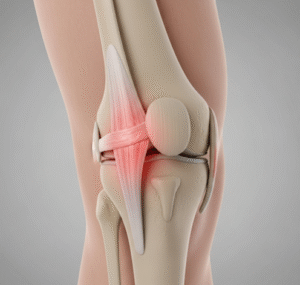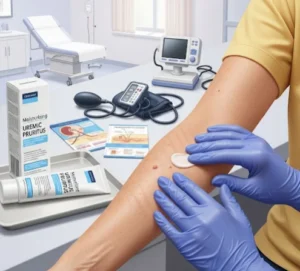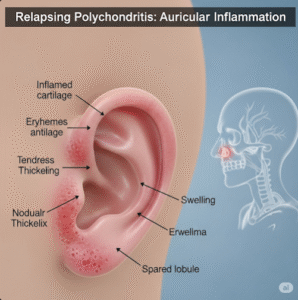Overview
Myelodysplastic Syndromes (MDS) are a group of disorders caused by poorly formed or dysfunctional blood cells in the bone marrow, leading to anemia, infections, and bleeding tendencies. In Korea, MDS is increasingly recognized thanks to improved diagnostic techniques, including genetic testing and bone marrow analysis. Leading hospitals such as Seoul National University Hospital, Asan Medical Center, and Samsung Medical Center provide specialized hematology care, advanced treatments, and supportive therapies to help patients manage symptoms and improve outcomes.
What are Myelodysplastic Syndromes?
MDS refers to a heterogeneous group of clonal bone marrow disorders where the bone marrow produces abnormal blood cells that do not function properly. This can lead to low levels of red blood cells, white blood cells, and platelets. MDS primarily affects older adults, with the majority of patients being over 60 years of age, but it can occur at any age. In some cases, MDS can progress to acute myeloid leukemia (AML).
Symptoms
- Fatigue and weakness due to anemia
- Shortness of breath
- Pale skin
- Frequent infections due to low white blood cells
- Easy bruising or bleeding from low platelets
- Petechiae (small red or purple spots on the skin)
- Fever or night sweats in some cases
Causes
- Acquired genetic mutations in bone marrow stem cells
- Exposure to chemotherapy or radiation for previous cancers
- Environmental factors such as benzene or other chemical exposure
- Certain inherited genetic conditions (rare)
Risk Factors
- Age over 60 years
- Male gender (slightly higher risk)
- Previous cancer treatment with chemotherapy or radiation
- Exposure to toxic chemicals or radiation
- Family history of hematologic disorders
Complications
- Severe anemia leading to fatigue and heart complications
- Recurrent infections due to low white blood cells
- Bleeding or easy bruising from low platelet counts
- Transformation to acute myeloid leukemia (AML)
- Reduced quality of life due to chronic symptoms
Prevention
- Avoid exposure to harmful chemicals and radiation when possible
- Healthy lifestyle and regular medical check-ups, especially for older adults
- Monitoring blood counts in individuals with risk factors or family history
- Early evaluation if symptoms like fatigue, infections, or easy bruising appear
Treatment Options in Korea
Korean hospitals offer comprehensive management of MDS, combining supportive care, medications, and advanced therapies.
- Diagnosis
- Blood tests for complete blood counts (CBC)
- Bone marrow biopsy and aspirate for cellular evaluation
- Cytogenetic and molecular testing for genetic abnormalities
- Flow cytometry to assess abnormal blood cells
- Medical Treatments
- Supportive care: blood transfusions for anemia, platelet transfusions
- Growth factors: erythropoiesis-stimulating agents to increase red blood cells
- Hypomethylating agents (e.g., azacitidine, decitabine) for higher-risk MDS
- Antibiotics and antivirals to manage infections
- Advanced Treatments
- Allogeneic stem cell transplantation for eligible patients
- Clinical trials for novel therapies available in major centers
- Specialized Hospitals in Korea
- Seoul National University Hospital – Hematology and stem cell transplantation programs
- Asan Medical Center – Advanced diagnostics and treatment for high-risk MDS
- Samsung Medical Center – Multidisciplinary management including supportive care and clinical trials
- Yonsei Severance Hospital – Long-term monitoring, rehabilitation, and counseling
- Long-Term Follow-Up
- Regular blood count monitoring
- Screening for disease progression to AML
- Ongoing supportive care and management of complications
- Psychological support and patient education












